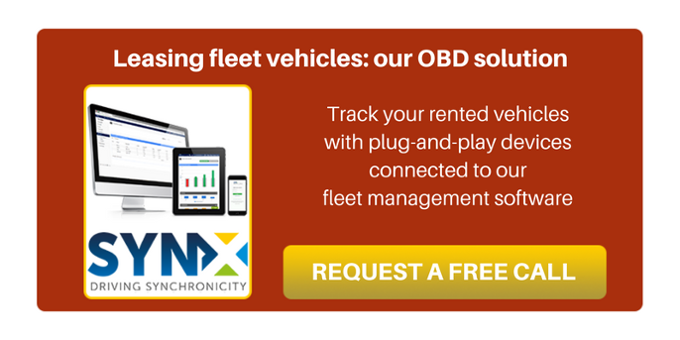
Leasing fleet vehicles is certainly an option increasingly considered by fleet managers during the current economic climate, in response to seasonal demands and when sales fluctuate unpredictably, to save global fleet costs. Vehicle rental is a quick and simple solution to your fluctuating business demands; but before you contact the vehicle hire firm, we should consider some of the advantages and disadvantages. Let’s go!
Among some of the advantages of leasing fleet vehicles include:
- Fixed costs—leased fleet vehicles generally have to be paid every month as a fixed quota, so there are no unpleasant surprises when the invoice turns up or any unexpected costs; you can predict the expenses.
- Not subject to depreciation—when vehicles are replaced, you do not lose any capital.
- Maintenance and compliance is taken care of—as part of the fixed costs, maintenance and compliance are generally the sole responsibility of the leasing company.
- To some extent, you can adapt vehicles to your needs—you can still install telematics or enjoy different features even if vehicles are not owned.
And here are some of the cons you need to consider when leasing:
- Penalties and contracts—depending on the conditions you have signed for, you might face some penalty if you wish to end the contract early.
- Mileage restrictions—you might be subject to either fees or additional charges if you do exceed the mileage limit imposed by your rental company.
- No vehicle at the end of the contract—sometimes your situation means leasing is suitable to cover your immediate needs or in order to test some additional vehicles, but what if you still need the asset and your contract finishes?
- Lack of specialised vehicles—if you operate within a niche sector or have any particularly specific demands for your vehicle to fulfil, there might be little choice among rental or leasing specialists; you might through necessity have to consider a purchase.
So, now that you have examined the advantages of owning vehicles as well as the disadvantages, together with the pros and cons of leasing and rental, which option would you choose for your fleet?
Bear in mind that these pointers might not necessarily be valid for all of your vehicle requirements, but may only apply to some of the specific cases. Anyway, we hope this helps!





